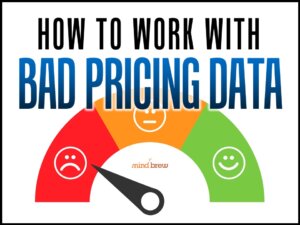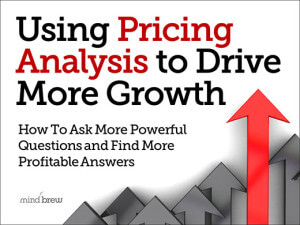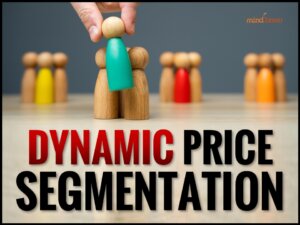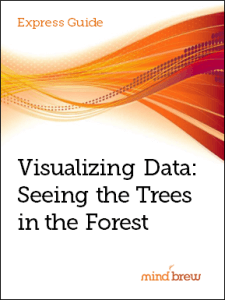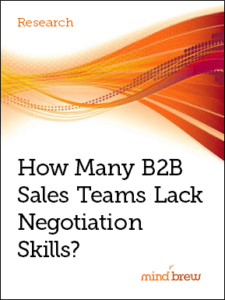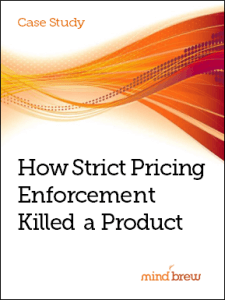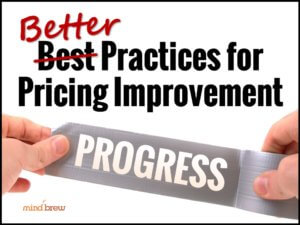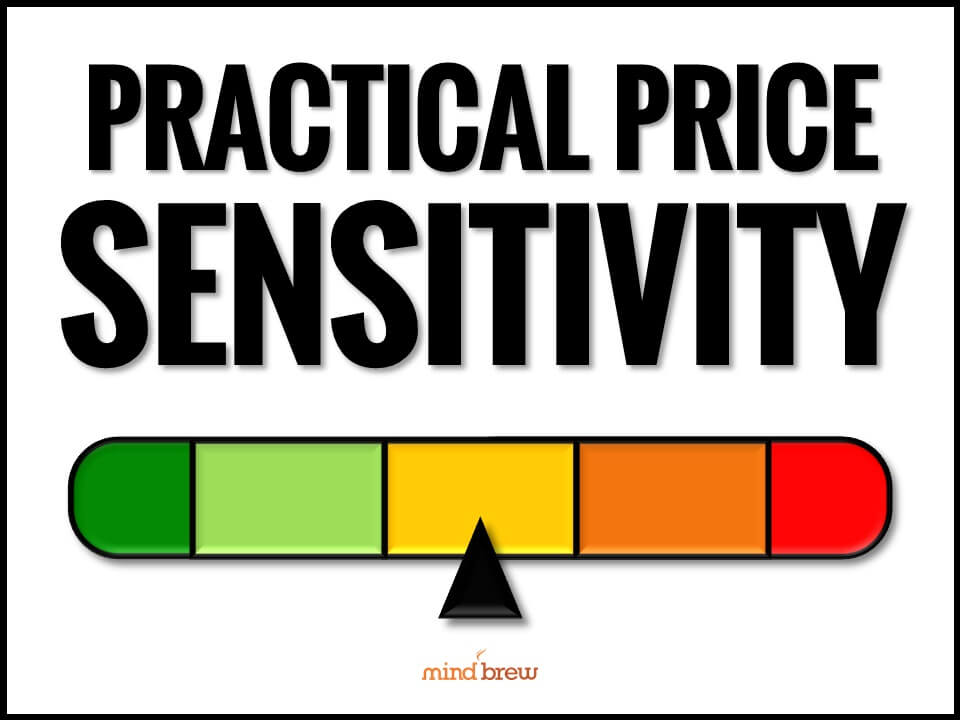In his Dialogues, the ancient Greek philosopher Plato quotes Socrates as saying, “A good decision is based on knowledge and not on numbers.”
We’re pretty sure Plato had never even heard of data science, but he was correct in saying that having lots of information doesn’t necessarily lead to better outcomes. Today’s pricing teams have more numbers at their fingertips than ever before. You probably have access to transactional history, competitive intelligence, customer behavior, segmentation models, and a lot of other valuable information. And yet, despite having all this data at their fingertips, many pricing teams still struggle to improve their decision-making.
In fact, in many cases, having more data actually leads to worse decisions.
How more data leads to worse decisions
Data is only as good as your team’s ability to interpret it, prioritize it, and apply it in a meaningful way. Simply collecting data doesn’t solve pricing problems—it often creates new ones. We often see teams stumble into common pitfalls:
- Data Overload Leads to Analysis Paralysis: Social scientists have discovered that when people have too many options, they often fail to make any decision at all. Instead of making quick, informed decisions, B2B pricing teams can get bogged down by endless data points. They keep looking for the “perfect” answer instead of making a “good enough” decision.
- More Data Doesn’t Always Mean Better Quality: Not all data is created equal. Dirty data, outdated information, or misaligned datasets can lead to incorrect conclusions. You’ve heard it before: garbage in, garbage out.
- Chasing Precision Instead of Actionable Insights: Pricing people tend to love data, but that means we can also chase decimal points. However, trying to refine pricing to exact precision rarely ends well. In reality, pricing strategy is more about directionally correct decisions than pinpoint accuracy.
- Data Without Context Can Be Misleading: Data tells what is happening, but not always why. Relying too much on numbers may miss qualitative insights—like market conditions, customer sentiment, or strategic shifts. In some cases, you might fall into the trap of believing that correlation is the same as causation.
- More Data Can Justify Any Decision: If you look hard enough, you can find data to support any pricing decision you want to make. It’s all too easy to start cherry-picking data that confirms your existing bias.
Learn more about interpreting data
Often, pricing teams work hard to find new ways to get more data. But a better approach is to figure out ways to make better use of the data you already have. We explain how in the following resources:
- Working with ‘Bad’ Pricing Data
- Using Pricing Analysis to Drive More Growth
- Dynamic Price Segmentation
- Visualizing Data: Seeing the Trees in the Forest
Those of us who work in pricing tend to place a lot of weight on data. We view our jobs as being largely based on numbers and hard facts. But our true value lies not in collecting data—but in turning that data into meaningful insights that can help us create better pricing.

